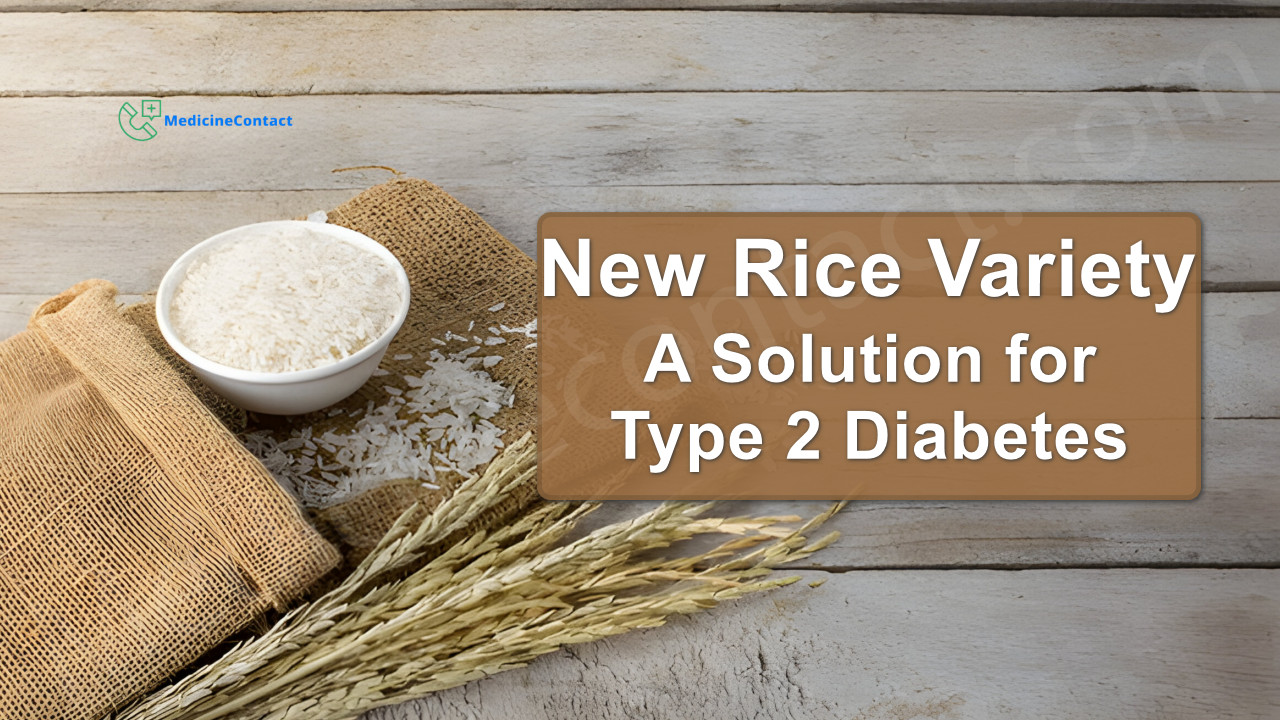The Potential Benefits of Matcha Tea for Diabetics
For people with diabetes, diet plays an important role in managing blood sugar and preventing complications. Some research shows that matcha green tea may offer specific benefits that make it a smart addition to a diabetic diet when consumed in moderation.
What is Matcha Tea?
Matcha is a type of green tea made from the leaves of the Camellia sinensis plant. What makes matcha unique is that the tea leaves are directly ground into a fine powder, which is then whisked with hot water instead of steeped. This allows the drinker to ingest the nutrient-rich green tea leaves instead of just infusing the water with the leaves' flavor like other teas.
Matcha has skyrocketed in popularity in recent years due to its numerous research-backed health benefits. Some of the most scientifically-supported include:
- Rich in antioxidants like EGCG
- Enhances calm, alert focus
- Supports heart health
- Aids in weight management
Let's explore what the research has to say about whether diabetics can also reap benefits from incorporating matcha into their regular diet.
Matcha Tea and Blood Sugar Control
Keeping blood sugar levels stable is the primary goal for diabetics. Fluctuating blood glucose can cause uncomfortable and dangerous short-term symptoms and increase the likelihood of developing visually impairing diabetic retinopathy, nerve damage, kidney problems, and cardiovascular disease over time.
So one of the first questions is: does drinking matcha impact blood sugar levels? Several promising studies suggest it does:
- A 2005 study found that matcha helped stabilize blood sugar and insulin levels in diabetic rats. The green tea powder also seemed to protect the kidneys and livers of these diabetic rats from oxidative damage better than standard green tea.
- A small 2018 human study had type 2 diabetics consume either a milk-based matcha drink or a placebo milk drink every day for three months. The matcha group showed significantly better A1c and fasting glucose levels compared to the placebo group after just two months of matcha consumption.
Researchers believe potent compounds in matcha like EGCG may slow the absorption of sugars into the bloodstream while also supporting the metabolism of glucose, promoting healthier blood sugar levels.
Supports Weight Loss
Obesity is closely linked to the development of type 2 diabetes. Losing excess body fat can help diabetics better manage blood sugars and reduce the need for blood sugar medications. Human studies show matcha may support weight loss efforts in several ways:
- Boosts metabolism - Matcha contains EGCG, a phytochemical that enhances fat burning during exercise according to this study.
- Increases feelings of fullness – Matcha powder is high in fiber, which slows digestion keeping you feeling fuller longer.
- Enhances fat breakdown – Multiple studies like this one show matcha increases lipolysis (fat breakdown).
By helping stimulate the metabolism, slow down how fast calories are absorbed, and increase fat cell breakdown, matcha becomes the ultimate diet aid to help drop unwanted pounds.
Matcha Tea for Diabetic Nerve Damage and Pain Relief
A common complication many diabetics face over time is nerve damage and neuropathy. Studies are finding the potent antioxidants in matcha tea can help protect nerves and reduce neuropathic pain.
- A 2012 study gave diabetic neuropathic pain sufferers either a daily matcha green tea or a standard green tea for six weeks. The matcha group reported a significant decrease in pain intensity while the standard green tea group saw no pain improvements.
- Additional research like this study also shows the polyphenols in matcha tea protect nerve cells from damage while improving nerve conductivity velocity for better nerve function.
The neuroprotective abilities of matcha can go a long way towards reducing nerve damage and discomfort that often accompanies diabetes.
Other Possible Benefits for Diabetics
Besides better blood sugar control, easier weight management, and less nerve pain, emerging research shows matcha consumption could benefit diabetics in other ways too:
- Heart health – Studies like this 2020 meta-analysis found those who drank green tea had significantly lower risks of developing cardiovascular disease and suffering strokes or heart attacks, especially important benefits for diabetics already at greater risk for heart disease.
- Cholesterol - Matcha contains chemical compounds studies show can reduce LDL (bad) cholesterol levels which tend to run high in individuals with diabetes.
- Diabetic kidney disease prevention – This study reported matcha consumption protected kidneys from damage in diabetic animal models better than standard green tea.
- Eye health – With photochemical properties that filter blue light and UV rays, some research indicates compounds in matcha may aid in the prevention of macular degeneration and other eye issues exacerbated by diabetes.
Is Matcha Safe for All Diabetics to Drink?
Current research of matcha tea for diabetes treatment looks promising. However, there are some important cautionary notes to consider before rushing out to buy your first can of matcha powder.
Caffeine Content
Matcha contains around 70mg of caffeine per cup. For reference, a cup of coffee has closer to 100mg. Caffeine has been shown in studies like this one to cause short-term blood sugar elevating effects in diabetics when consumed in large amounts. Anyone sensitive to stimulants may want to moderate their intake.
Quality Concerns
Matcha production requires intensive cultivation, harvest, and processing techniques to yield a bright green, fine powder full of healthful compounds.
Be aware that due to matcha’s expanding popularity, many low-quality powders are entering the market grown with pesticides and heavy metals present. To get the real benefits, it’s important to vet your matcha source and buy only organic, ceremonial grade matcha.
Lead Contamination
Lead exposure poses health risks to everyone but is especially hazardous for diabetics according to the NIH. Lead exposure further exacerbates kidney dysfunction, neuropathy and heart disease.
While high-quality matcha is lead-free, the FDA released a consumer warning in 2021 about certain matcha products containing unsafe lead levels. Pregnant women and those with medical conditions like diabetes and high blood pressure appear most vulnerable.
Confirm any matcha powder you consider buying has passed independent heavy metal laboratory testing before purchasing.
The Takeaway – Is Matcha a Good Choice for Diabetics?
Research continues to uncover exciting health benefits matcha tea may offer individuals struggling to manage diabetes.
Compounds in green tea powder show real potential to stabilize blood sugar levels, support weight loss efforts, reduce high cholesterol, and prevent common diabetes complications through its neuroprotective and antioxidant properties.
However, lead contamination concerns mean choosing a responsibly sourced, clean matcha product free of metals, pesticides and additives is paramount to experience the wellness perks.
Provided quality assurance measures are met, adding matcha to your regular diabetic diet may assist better health outcomes. But as always, consult with your doctor before making any significant nutrition changes.
Study 1 source: https://www.ncbi.nlm.nih.gov/pubmed/16042402
Study 2 source: https://pubmed.ncbi.nlm.nih.gov/29608627/
Study 3 source: https://www.healthline.com/nutrition/10-evidence-based-health-benefits-of-matcha-tea#TOC_TITLE_HDR_3
Study 4 source: https://www.healthline.com/nutrition/matcha-green-tea
Study 5 source: https://pubmed.ncbi.nlm.nih.gov/23441805/
Study 6 source: https://www.sciencedirect.com/science/article/pii/S1756464611000968
Study 7 source: https://www.ncbi.nlm.nih.gov/pmc/articles/PMC7287019/
Study 8 source: https://pubmed.ncbi.nlm.nih.gov/16042402/
Study 9 source: https://care.diabetesjournals.org/content/25/2/364
FDA Lead Warning: https://www.fda.gov/food/cfsan-advisory-committees/fda-advises-consumers-about-potential-lead-contamination-certain-matcha-green-tea-powders
Disclaimer: This article is for informational purposes only and does not constitute medical advice. Always consult with a healthcare professional before starting any new treatment regimen.




